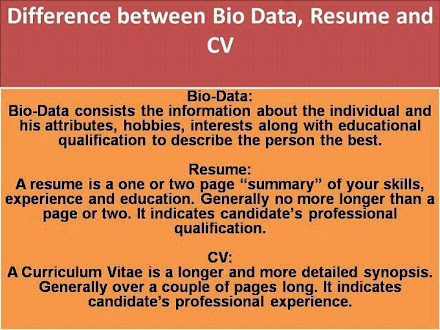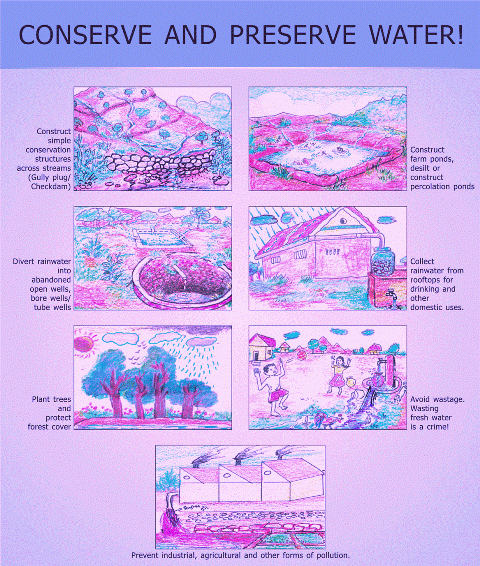Women’s livelihoods: The focus of UN Volunteers
Gurraidho,Maldives: Haleema Mohamed sits in a swing chair on the island of Gurraidho in the tsunami-hit Maldives. She says she is bored.
Scattered around the 48-year-old mother of 11 is a pile of wrecked pots and other fish processing equipment, such as smokers and stoves, which have lain dormant since the tsunami flattened much of her island in December 2004.
“I have stopped processing fish because the tsunami washed away most of my equipment along with the harbour. No fishermen stop in to sell their catch anymore, and the island’s fishing fleet was damaged,” she says. “The tsunami not only took away my house, but also my family’s main source of income.”
Haleema is not alone in the Maldives. More than 11,000 Maldivians have had their incomes severely disrupted and are still in immediate need of assistance to get back on their feet following the tsunami.
“Women are particularly vulnerable to the loss of income in this country because of a higher-than-usual divorce rate,” says Kanti Risal, a UN Volunteer working with UNDP to help boost women’s livelihoods. “Up to 42 percent of people in the Maldives live in female-headed households. Women and children on the islands need support to become independent, so tsunami reconstruction here means specifically helping women begin to regenerate income following the losses caused by the tsunami.”
Kanti, from Nepal, has been with the UNDP project for the last six months. Working with the gender ministry in the small island nation, she is part of a team that distributes grants to women who want to start small businesses in tailoring, fish processing or anything else that will help restart their lives and escape poverty. Her work is part of a US$5 million UNDP programme to help tsunami-affected families restore livelihoods across the Maldives.
“We are concentrating on home-based activities, which women can easily take up without much extra training,” says Kanti. “Informal home-based activities were often not registered with any formal government institutions; therefore, such activities were left out of other assessments following the tsunami. We are also helping community groups to establish schemes that will help everyone on their respective islands. This might include helping establish an Internet café or providing English language training to women who want to take greater part in the tourism industry. This country is lucky in the sense that it has a well-educated and literate female population—but, unfortunately, women are still far from enjoying equality and equity, especially in an economic and social sense.”
About United Nations Volunteers:Based in Bonn, Germany, UNV is the UN organization that supports sustainable human development globally through the promotion of volunteerism, including the mobilization of volunteers. In 2004, more than 7,000 skilled and experienced professionals, 70 percent coming from developing countries, supported peace, relief and development initiatives in some 150 countries. It also engages thousands of other individuals in the work of the United Nations through www.onlinevolunteering.org, and manages the WorldVolunteerWeb, a global volunteering portal that serves as a knowledge resource base for campaigning, advocacy, information dissemination and networking.
For more information, contact:UNV programme: Edward Mishaud, Communications Officer; tel: (49 228) 815 2223; email: edward.mishaud@unvolunteers.org
Source:






No comments:
Post a Comment